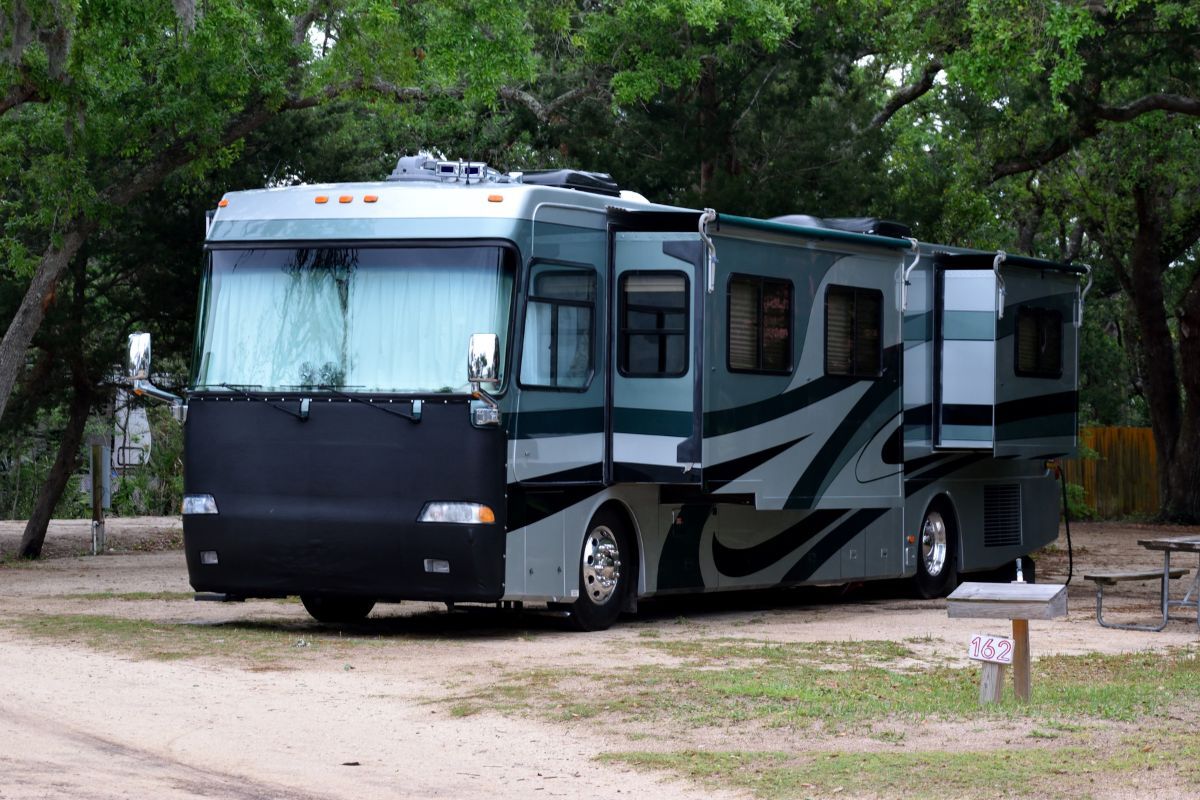Recreational Vehicle Accidents in Florida: Understanding Your Legal Rights

Florida’s beautiful landscapes and year-round sunshine make it an ideal destination for recreational vehicle (RV) enthusiasts. Whether you’re driving an RV, riding an ATV, or operating a personal watercraft, these activities come with risks. When accidents happen, understanding your legal rights is crucial to ensuring you receive the compensation and support you deserve.
Common Causes of Recreational Vehicle Accidents
Recreational vehicle accidents can occur for a variety of reasons, including:
- Driver Negligence – Speeding, distracted driving, or operating a vehicle under the influence significantly increases the risk of an accident.
- Lack of Proper Training – Many recreational vehicles require specialized knowledge to operate safely. Inexperience can lead to serious crashes.
- Mechanical Failures – Poor maintenance or defective parts may contribute to accidents, making manufacturers or rental companies potentially liable.
- Dangerous Road or Waterway Conditions – Unmaintained roads, unexpected debris, or hazardous weather conditions can create dangerous situations for recreational vehicle operators.
Who is Liable in a Recreational Vehicle Accident?
Determining liability in a recreational vehicle accident depends on the circumstances surrounding the crash. Possible responsible parties may include:
- The Operator – If reckless or negligent behavior caused the accident, the driver may be held liable.
- The Vehicle Manufacturer – If a defect or mechanical failure contributed to the accident, the manufacturer could be responsible.
- A Rental Company – If the RV or recreational vehicle was not properly maintained, the rental company may be at fault.
- Another Negligent Party – Other motorists, property owners, or even local municipalities may bear responsibility if their actions contributed to the accident.
Steps to Take After a Recreational Vehicle Accident
If you or a loved one has been involved in a recreational vehicle accident, taking the right steps can protect your legal rights:
- Seek Medical Attention – Your health and safety come first. Even if injuries seem minor, getting checked by a medical professional is crucial.
- Document the Accident – Take photos of the scene, the vehicle(s) involved, and any visible injuries. Collect contact information from witnesses.
- Report the Incident – Notify the appropriate authorities, such as law enforcement or park officials, depending on where the accident occurred.
- Avoid Speaking with Insurance Adjusters Alone – Insurance companies may try to minimize your claim. Consult an attorney before providing statements.
- Contact a Personal Injury Attorney – An experienced lawyer can help assess your case, determine liability, and pursue the compensation you deserve.
How GTS Law Firm Can Help
At GTS Law Firm, we understand the complexities of recreational vehicle accident claims. Our team is dedicated to advocating for victims and ensuring they receive the financial support necessary for medical bills, lost wages, and pain and suffering.
If you or a loved one has been injured in a recreational vehicle accident, don’t navigate the legal process alone. Contact GTS Law Firm today for a consultation and let us help you protect your rights. (941) 625-6666
Share This Post:






